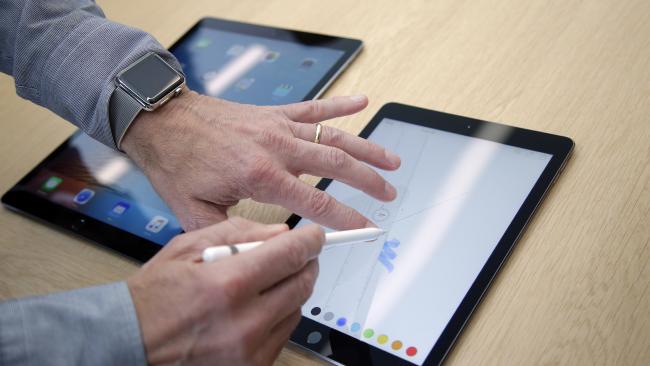
Poor sleep can hamper your social life, say scientists who found that sleep-deprived people feel lonelier and less inclined to engage with others, avoiding close contact in much the same way as people with social anxiety. Researchers at the University of California (UC) Berkeley in the US, have found that alienating vibe makes sleep-deprived individuals more socially unattractive to others.
Moreover, well-rested people feel lonely after just a brief encounter with a sleep-deprived person, potentially triggering a viral contagion of social isolation. The findings, published in the journal Nature Communications, are the first to show a two-way relationship between sleep loss and becoming socially isolated, shedding new light on a global loneliness epidemic.
Researchers found that brain scans of sleep-deprived people as they viewed video clips of strangers walking toward them showed powerful social repulsion activity in neural networks that are typically activated when humans feel their personal space is being invaded.
Sleep loss also blunted activity in brain regions that normally encourage social engagement. To gauge the social effects of poor sleep, researchers conducted a series of intricate experiments using such tools as fMRI brain imaging, standardised loneliness measures, videotaped simulations and surveys.
When the person on the video got too close, they pushed a button to stop the video, which recorded how close they allowed the person to get. As predicted, sleep-deprived participants kept the approaching person at a significantly greater distance away – between 18 and 60 per cent further back – than when they had been well-rested.
Participants also had their brains scanned as they watched the videos of individuals approaching them. In sleep-deprived brains, researchers found heightened activity in a neural circuit known as the “near space network,” which is activated when the brain perceives potential incoming human threats.
[“source=hindustantimes”]



